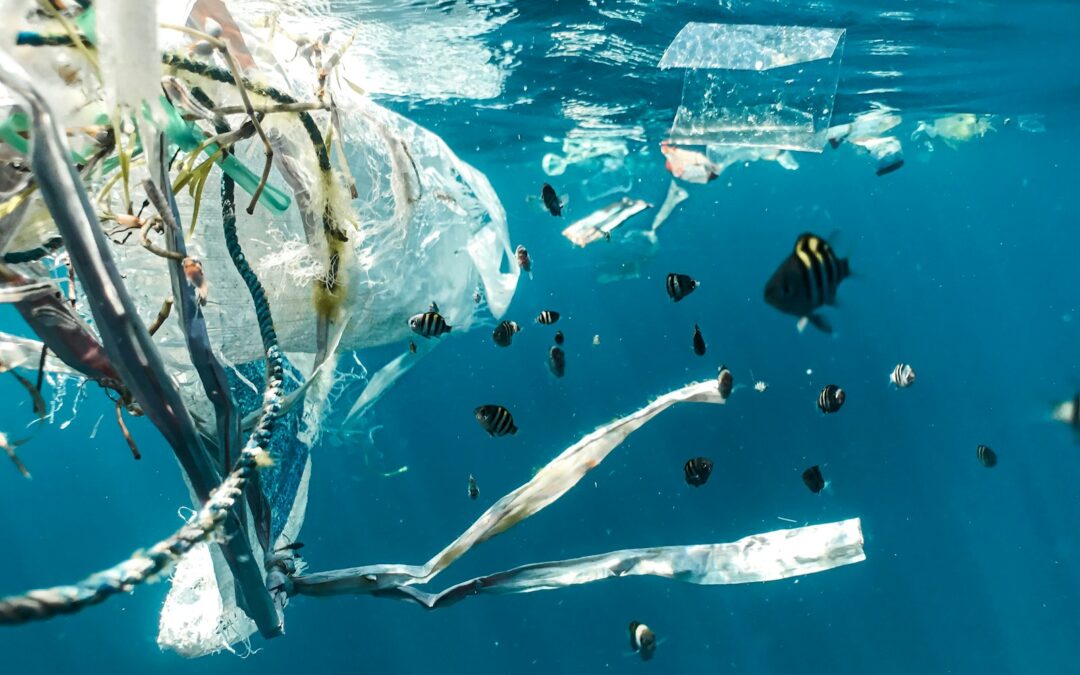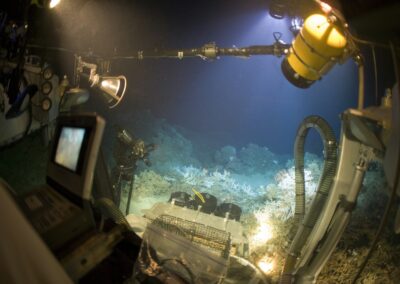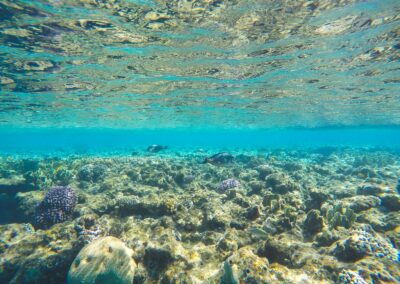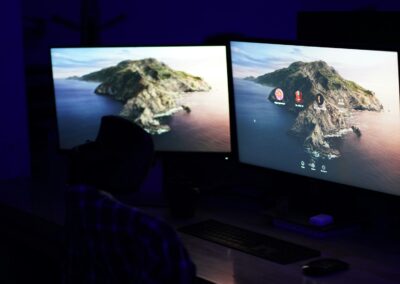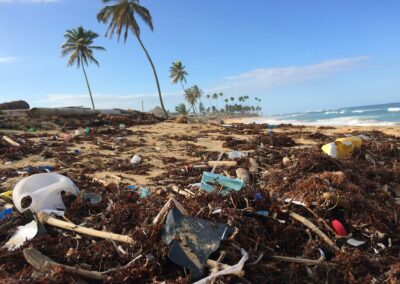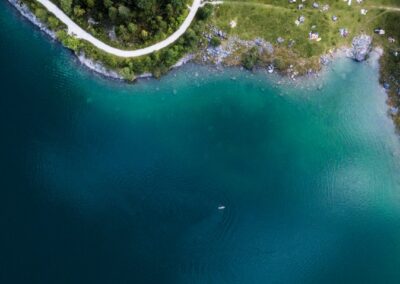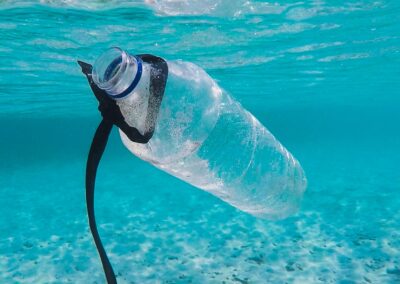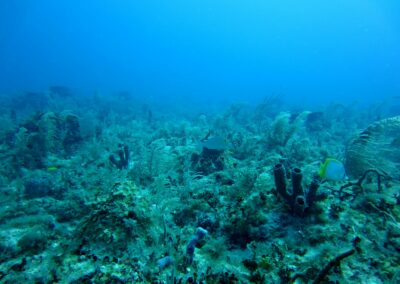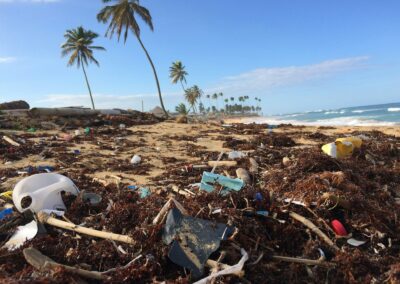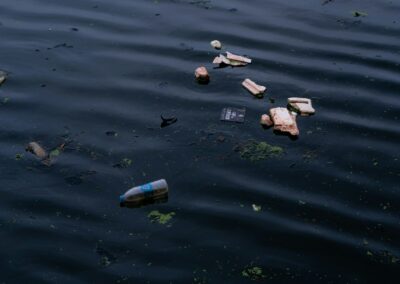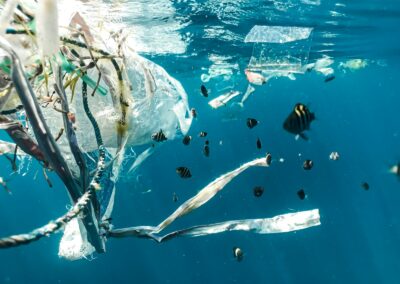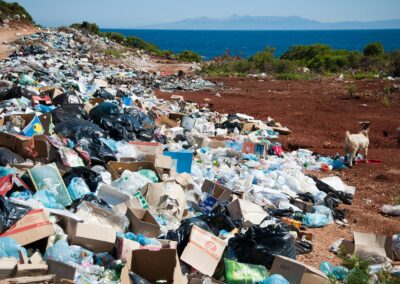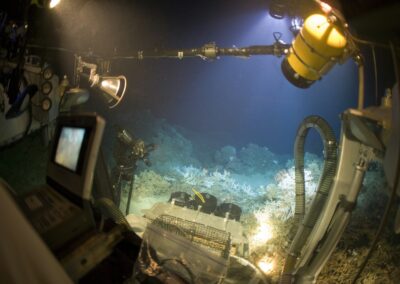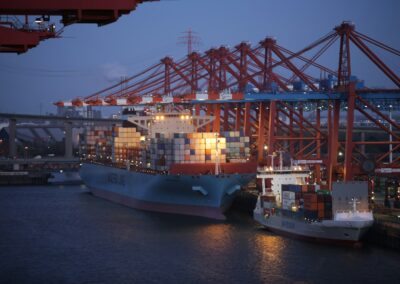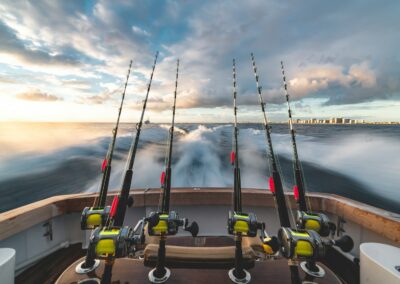Marine Pollution Control Technologies: Advancements and Implementation
Reducing Pollution Through Innovative Technologies
Marine pollution poses a significant threat to the health and sustainability of ocean ecosystems. In regions like Saudi Arabia and the UAE, where the marine environment is crucial for both biodiversity and economic activities, implementing advanced marine pollution control technologies is vital. These technologies aim to reduce and mitigate the impact of pollutants on marine environments through various innovative approaches. For instance, oil spill containment and recovery systems use advanced materials and robotics to efficiently clean up spills, minimizing their environmental impact. Additionally, bioremediation techniques employ microorganisms to break down hazardous substances, providing a natural and effective solution to pollution. By adopting these cutting-edge technologies, countries can safeguard their marine ecosystems and ensure their long-term viability.
Artificial Intelligence in Pollution Monitoring
Artificial Intelligence (AI) plays a pivotal role in enhancing the effectiveness of marine pollution control technologies. AI-powered systems can monitor and analyze vast amounts of data from marine environments in real-time, providing early detection of pollution events and enabling rapid response. For example, AI algorithms can analyze satellite imagery and sensor data to identify oil spills, plastic debris, and other pollutants. In Saudi Arabia and the UAE, where technological innovation is a key focus, integrating AI into marine pollution control strategies aligns with broader goals of digital transformation and environmental sustainability. By leveraging AI, stakeholders can improve their ability to monitor marine health, predict pollution trends, and implement proactive measures to protect ocean ecosystems.
Blockchain for Transparency and Accountability
Blockchain technology offers a robust solution for ensuring transparency and accountability in marine pollution control efforts. By creating an immutable record of pollution incidents, remediation activities, and regulatory compliance, blockchain enhances trust among stakeholders and promotes effective collaboration. In regions like Riyadh and Dubai, where digital governance is increasingly important, blockchain can provide a transparent and verifiable system for tracking pollution control measures. This transparency is crucial for building public confidence and ensuring that all parties involved in pollution control are held accountable. By adopting blockchain technology, marine pollution control efforts can become more efficient, trustworthy, and impactful, ultimately contributing to healthier marine environments.
Change Management and Leadership in Environmental Initiatives
Implementing marine pollution control technologies requires effective change management and strong leadership. Business executives and mid-level managers must navigate the complexities of integrating new technologies and processes into existing operations while fostering a culture of environmental responsibility. Executive coaching services can help leaders develop the skills necessary to drive this change, ensuring that their organizations are aligned with sustainability goals. In Saudi Arabia and the UAE, where environmental stewardship is increasingly prioritized, investing in leadership development and change management programs can enhance organizational resilience and adaptability. By equipping leaders with the tools to manage change effectively, businesses can ensure successful implementation of pollution control technologies and contribute to long-term environmental sustainability.
Effective Communication and Stakeholder Engagement
Effective communication is crucial for the successful implementation of marine pollution control technologies. Leaders must articulate the importance of these technologies and engage stakeholders at all levels, from employees to regulatory bodies and the public. In regions like Riyadh and Dubai, where businesses operate in a dynamic and interconnected environment, clear and transparent communication is key to building trust and securing buy-in from stakeholders. Advanced communication strategies, such as utilizing social media platforms and virtual collaboration tools, can enhance stakeholder engagement and ensure that all parties are informed and committed to the organization’s environmental objectives. By fostering open dialogue and collaboration, businesses can drive meaningful progress in marine pollution control efforts.
Harnessing Generative AI for Training and Development
Generative AI offers innovative solutions for training and development in the context of marine pollution control. These technologies can create immersive and interactive training environments that enhance learning outcomes and foster a deeper understanding of environmental issues. For instance, virtual reality (VR) simulations powered by generative AI can provide hands-on experience in managing pollution incidents, enabling employees to practice and refine their skills in a risk-free setting. In Saudi Arabia and the UAE, where technological innovation is a driving force, leveraging generative AI for training and development can provide a competitive advantage and support long-term business success. By investing in advanced training technologies, organizations can ensure that their teams are well-prepared to tackle the challenges of marine pollution control and contribute to a sustainable future.
#MarinePollutionControlTechnologies #ClimateChange #MarineEnvironments #PollutionMitigation #SaudiArabia #UAE #Riyadh #Dubai #ChangeManagement #ExecutiveCoaching #BusinessSuccess #ManagementConsulting #AI #Blockchain #TheMetaverse #GenerativeAI #LeadershipSkills #ManagementSkills #ProjectManagement

